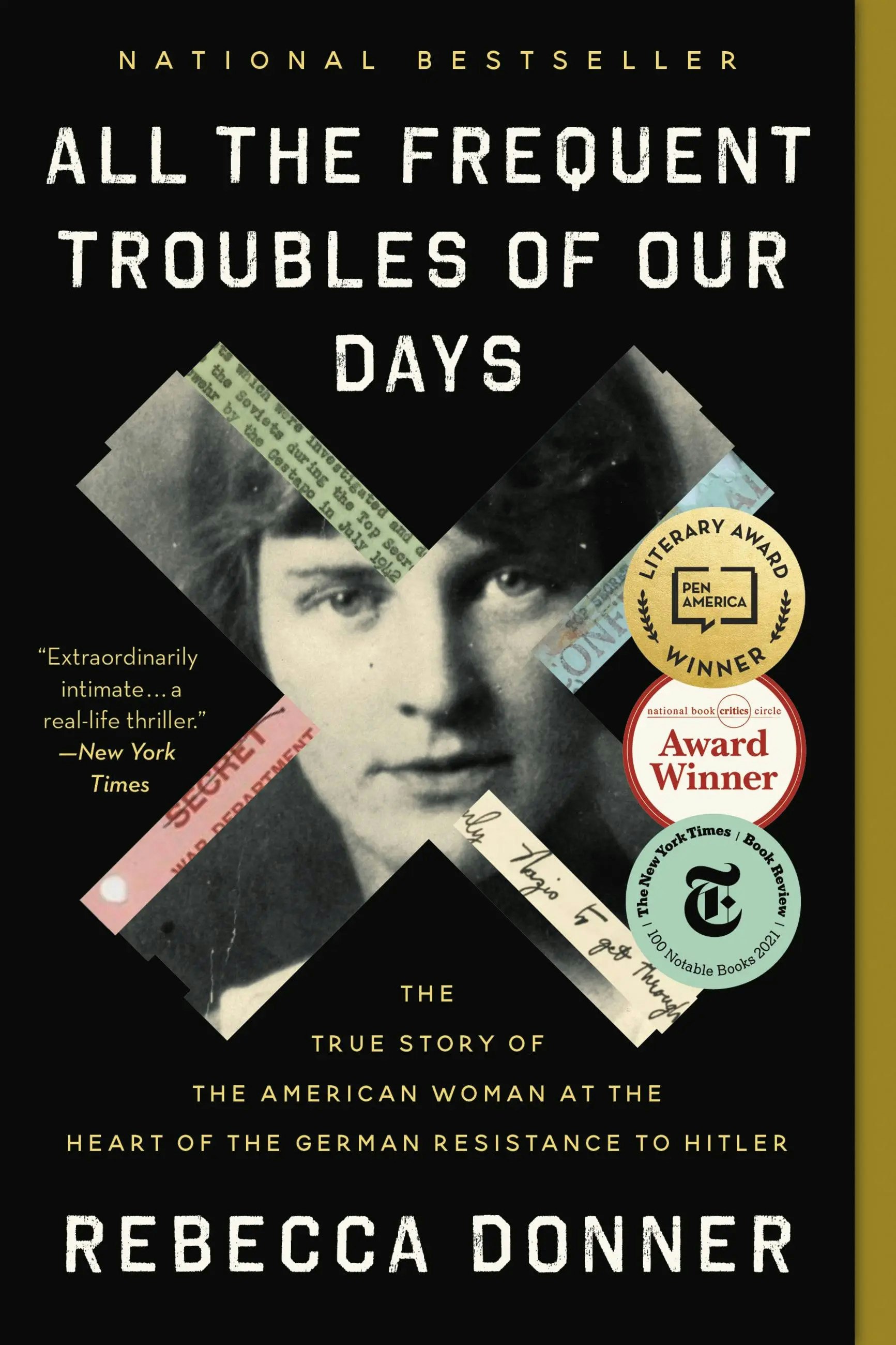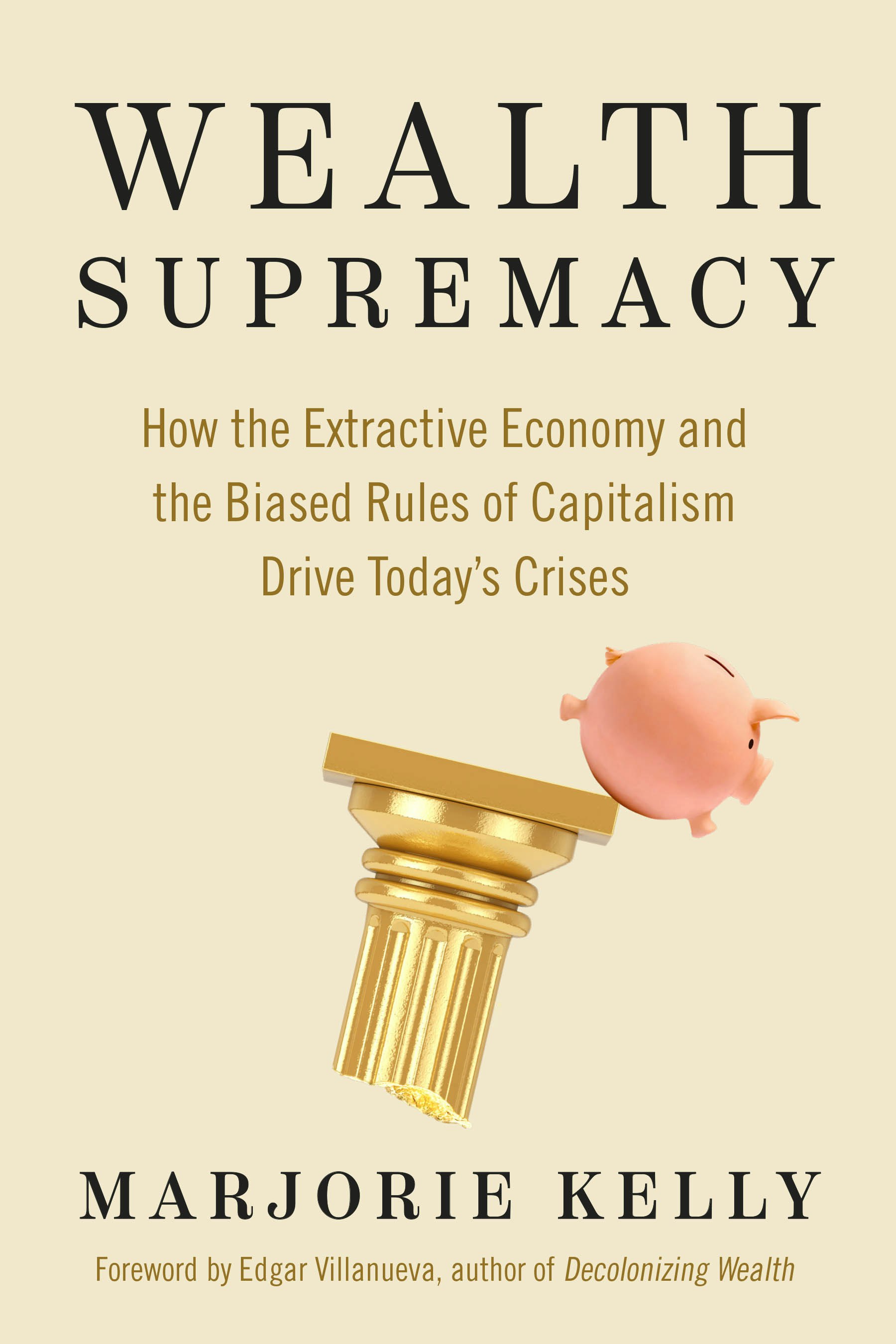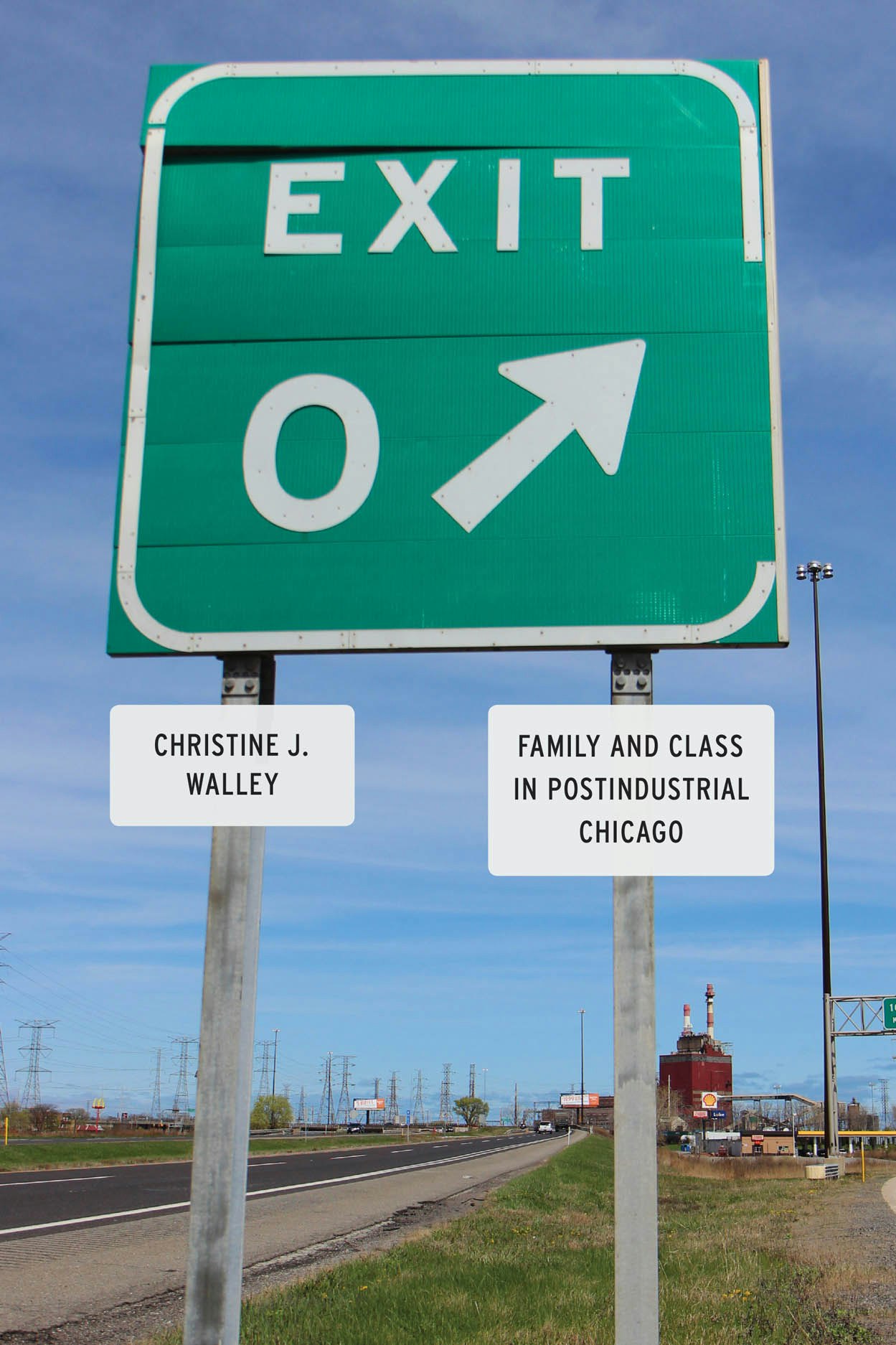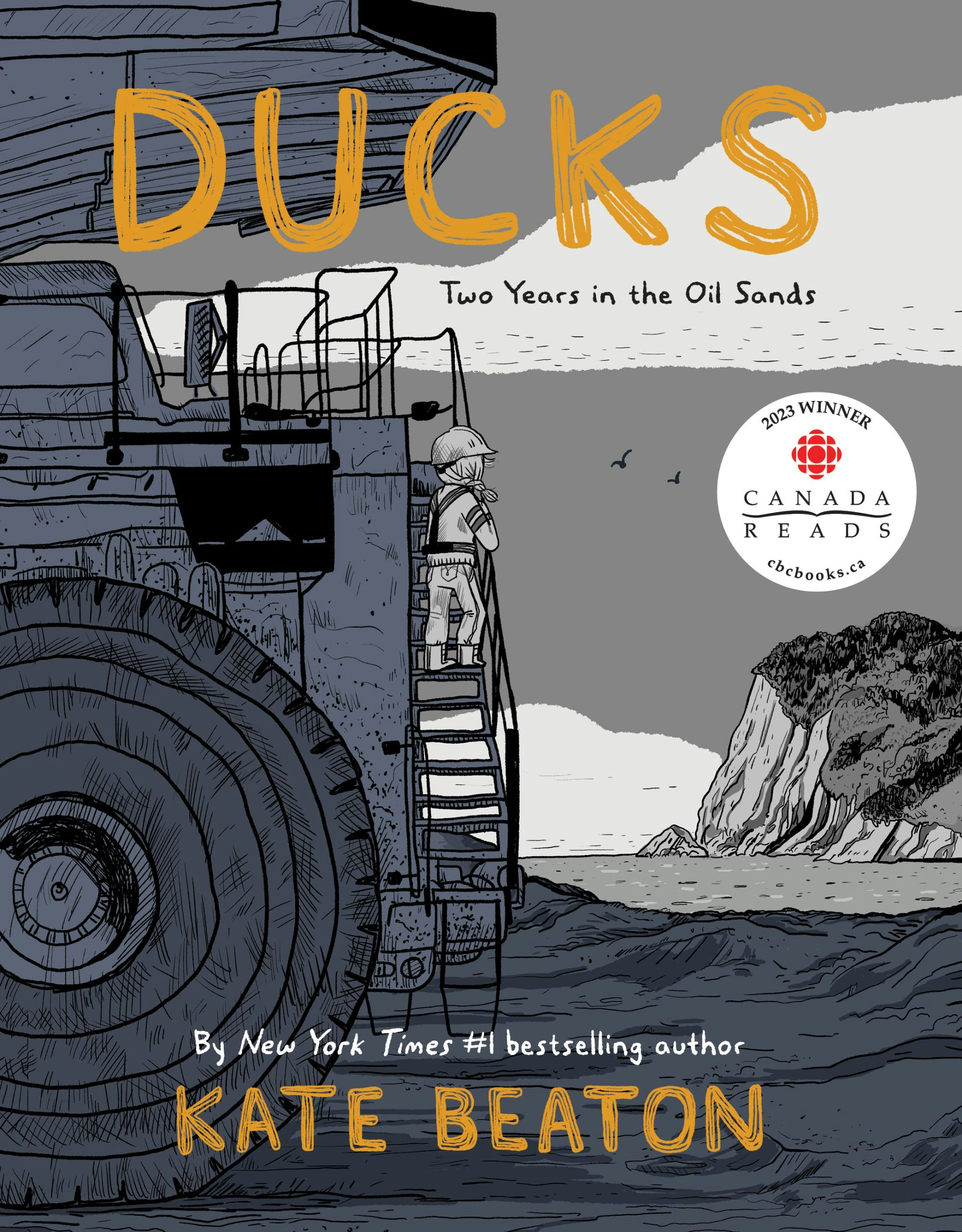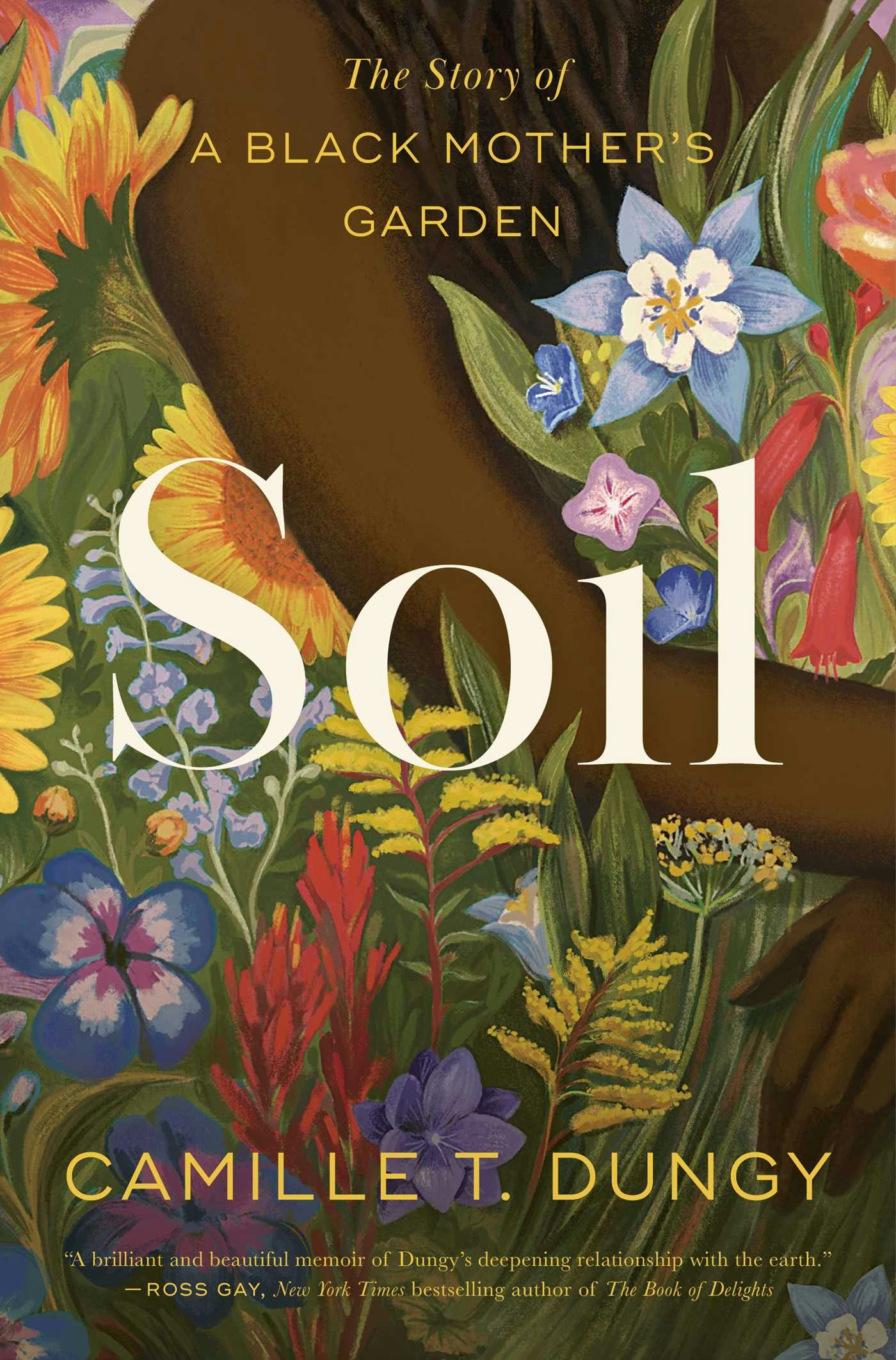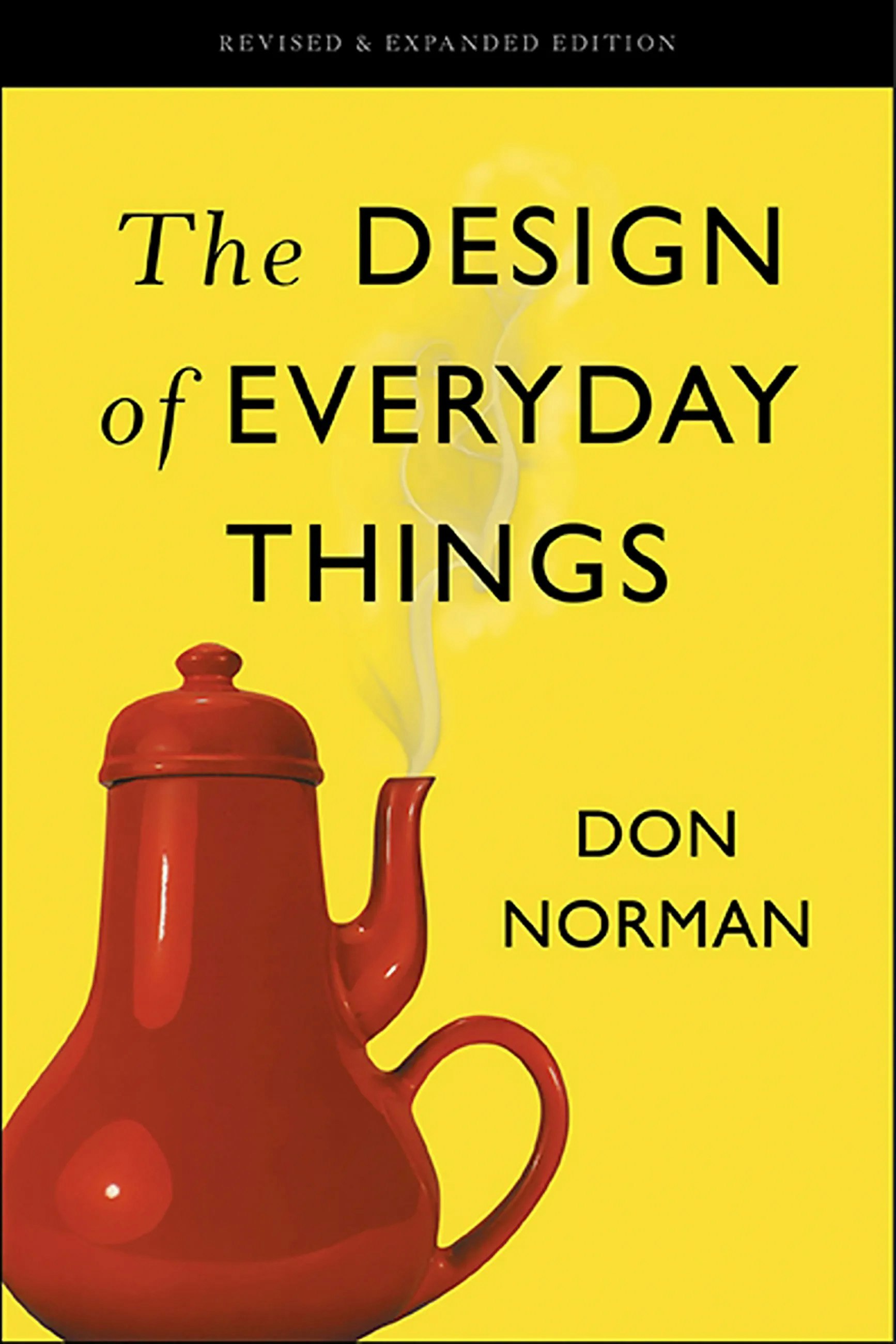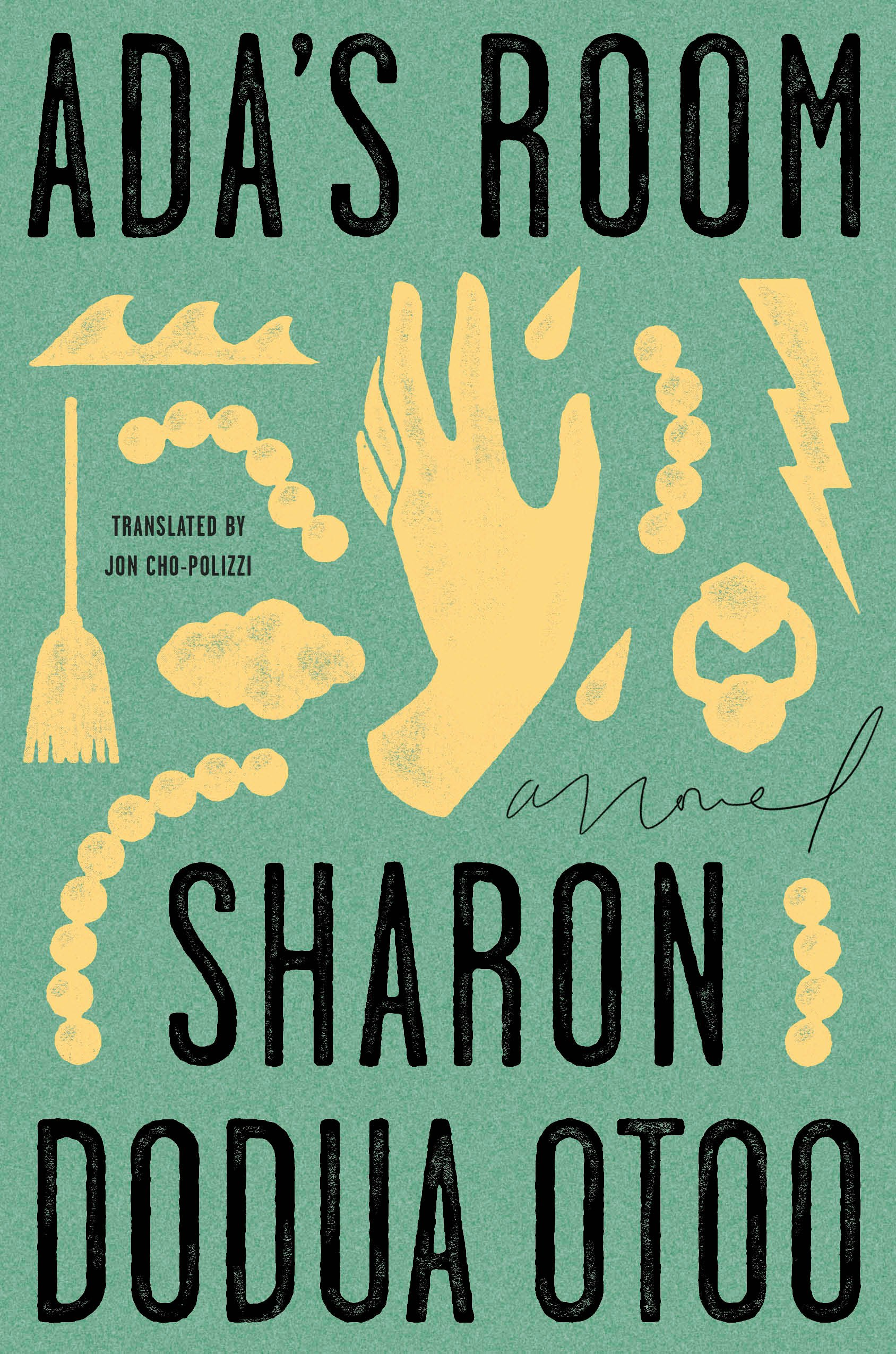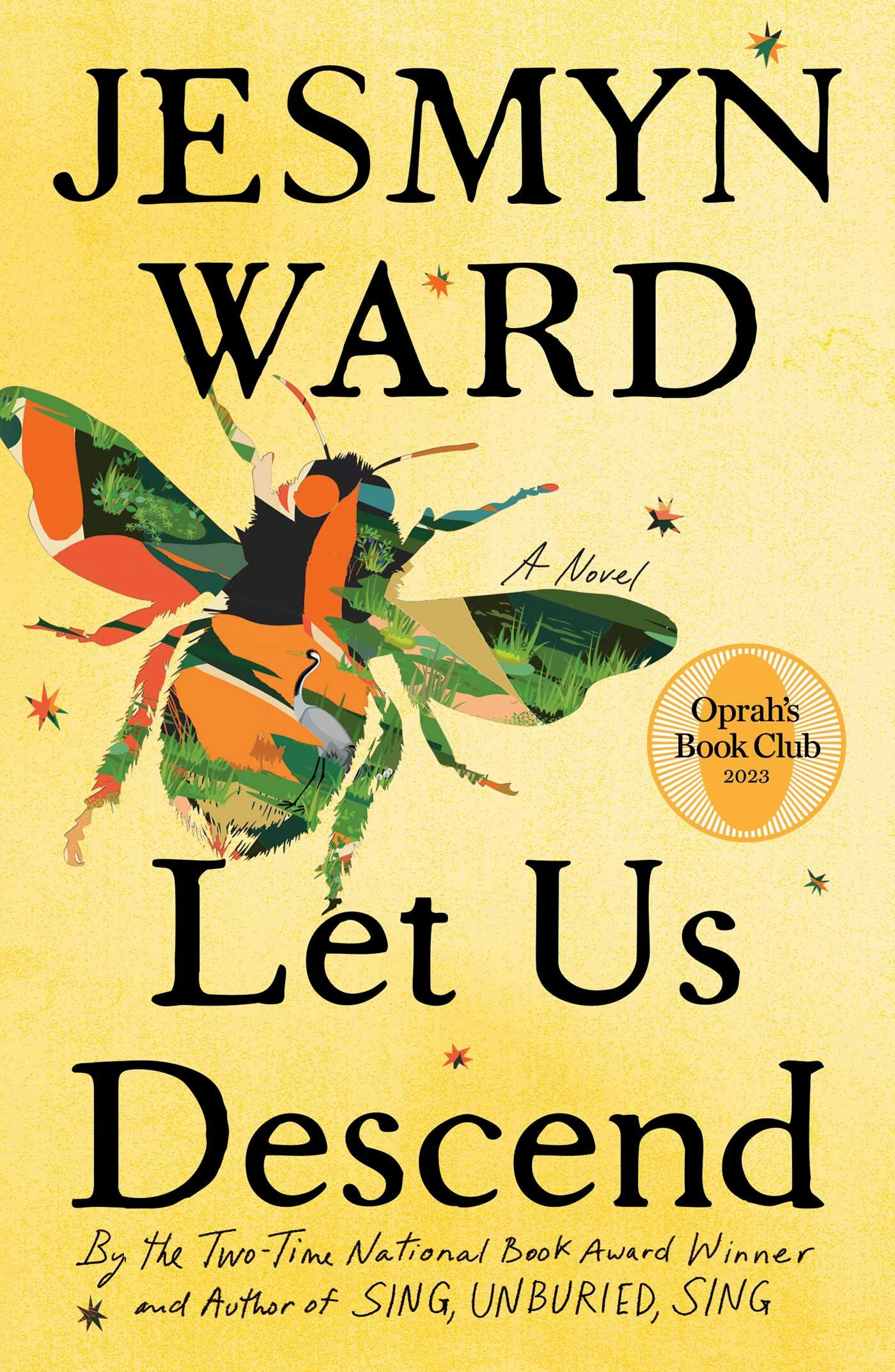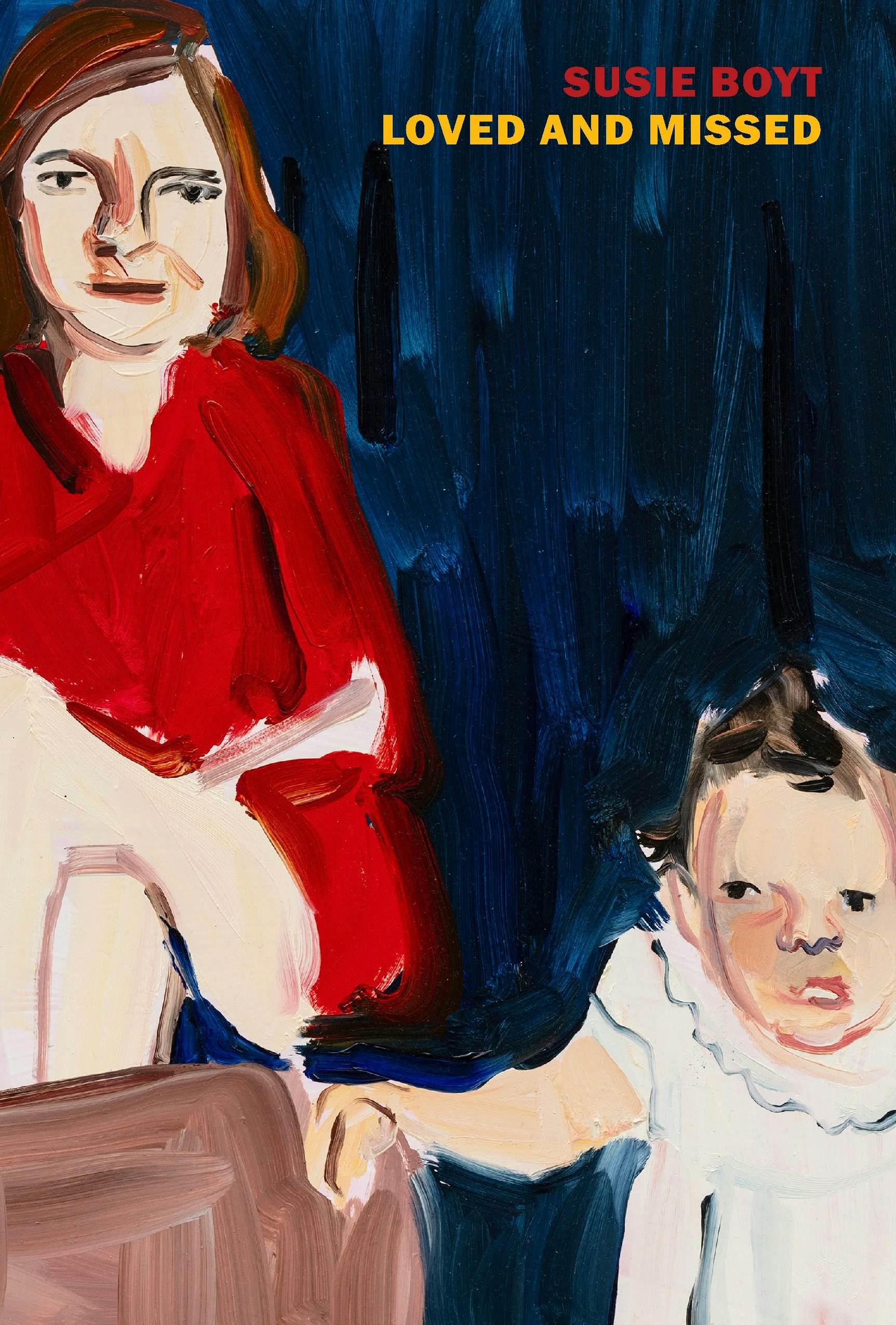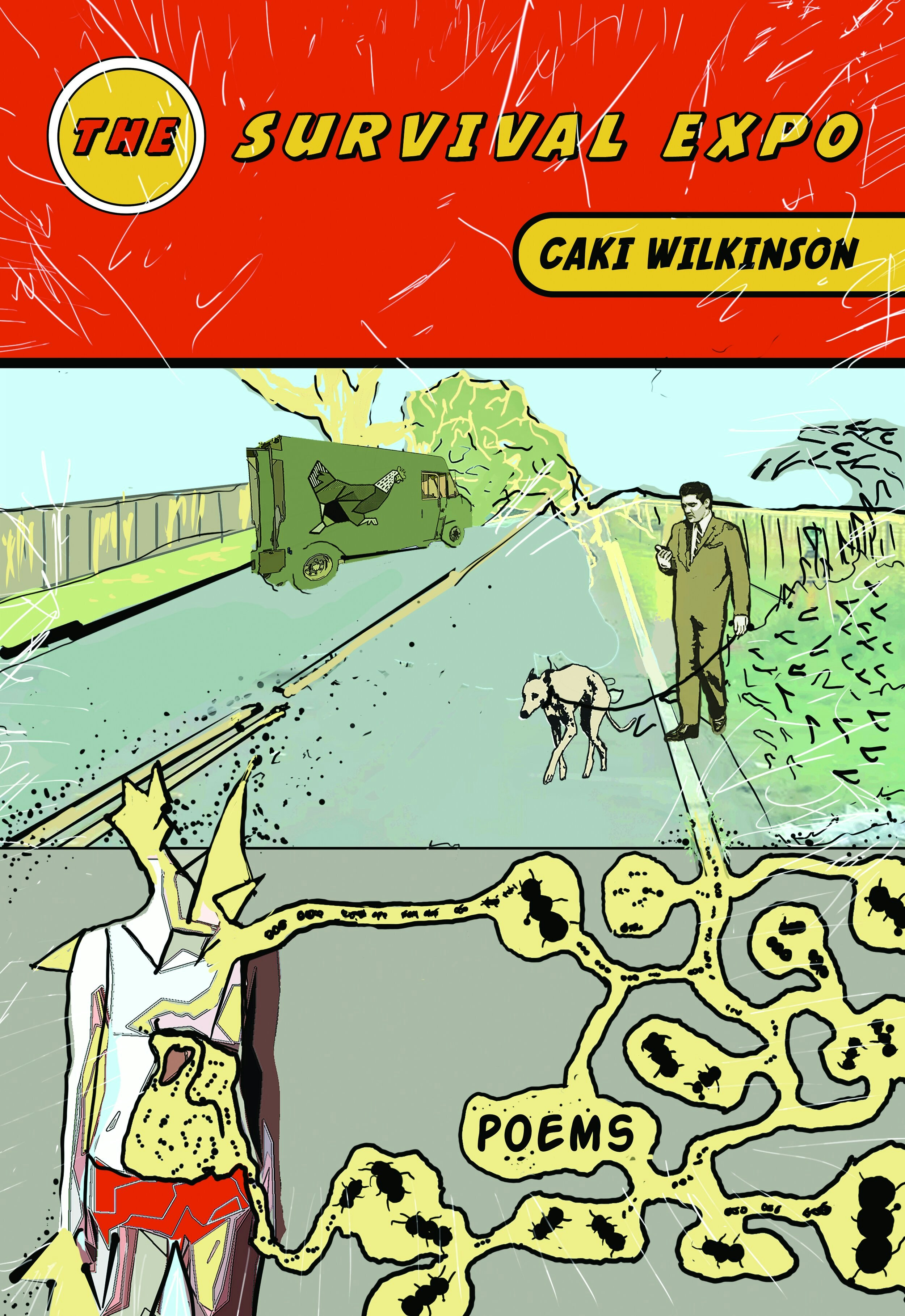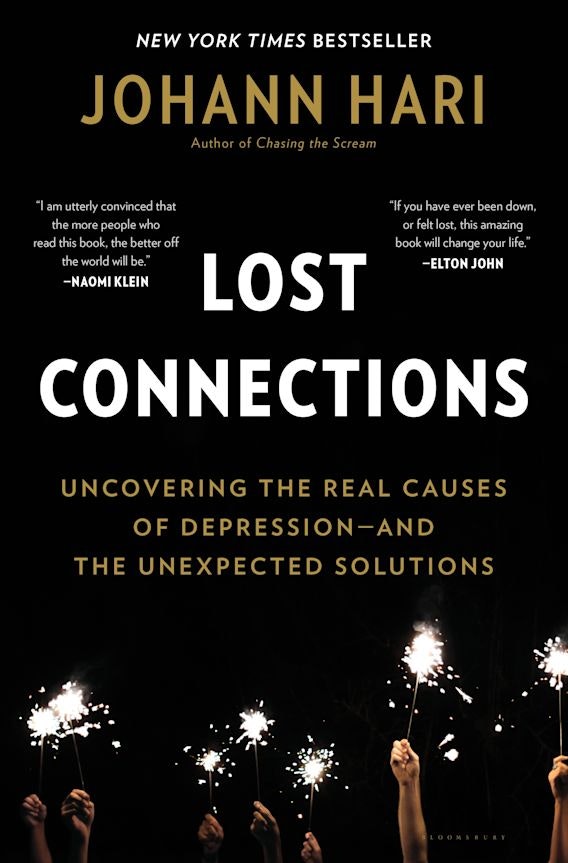12 Reading Recommendations from Radcliffe’s 2023–2024 Fellows
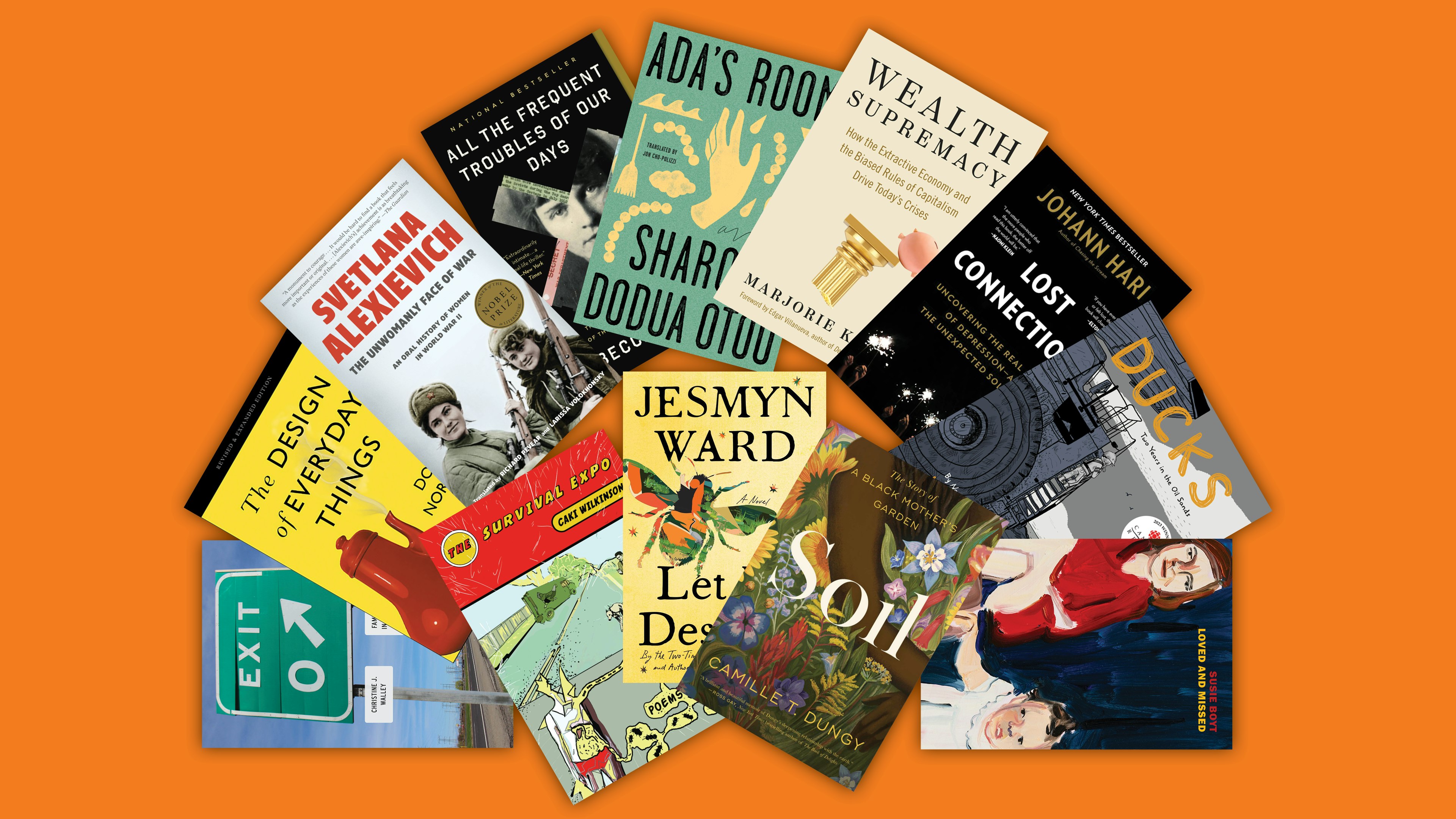
The 2023–2024 cohort of Radcliffe fellows includes scholars, scientists, artists, writers, and practitioners. A selection of these fellows provided reading recommendations as a thank you to Radcliffe’s donors, whose support is critical to advancing the Institute’s interdisciplinary scholarship.
Below you’ll find books that inspired fellows’ research, activated their imaginations, or sparked their enjoyment.
Browse by Theme
Complicated Histories
Important and illuminating stories from our past
Nature and the Environment
Examples of knowledge and resiliency from the world around us
Personal Journeys
The power of telling our honest stories, both lived and imagined
The Power of Language
The ability of words to connect us and shape our consciousness
Complicated Histories
Important and illuminating stories from our past
All the Frequent Troubles of Our Days: The True Story of the American Woman at the Heart of the German Resistance to Hitler (Little, Brown & Company 2021)
By Rebecca Donner
Recommended by Kim Vaz-Deville, Lillian Gollay Knafel Fellow
Today, we live in an era in which people's differences appear to some to be a threat to their very idea of who is considered to be a human being. Whether it is those with political power, economic power, or the everyday power of one neighbor stigmatizing another, this feeling of threat is as contagious as a virus. Rebecca Donner, the 2023–2024 Radcliffe Lisa Goldberg Fellow, reminds us delicately, imaginatively, and poetically of the consequences of forgetting another era in which such an idea gripped a nation.
Wealth Supremacy: How the Extractive Economy and the Biased Rules of Capitalism Drive Today’s Crises (Berrett-Koehler Publishers 2023)
By Marjorie Kelly
Recommended by Jennie C. Stephens, Radcliffe-Salata Climate Justice Fellow
By articulating so simply and clearly how the root cause of the polycrises we are facing is financialization, Marjorie Kelly identifies a way forward. The first step in recovery is acknowledging the problem, and this book allows us all to collectively acknowledge the problem of wealth supremacy so that we can then work toward structural economic changes for a more healthy and stable future for all. This book has inspired my own work, and I am now recommending it for students, family, and friends.
Exit Zero: Family and Class in Postindustrial Chicago (University of Chicago Press, 2012)
By Christine J. Walley
Recommended by Fei Yan, Radcliffe-Harvard Yenching Institute Fellow
Through a meticulous self-ethnographic analysis emerges a compelling story of the transformative history of the formerly thriving, yet currently declining, old steel factory region in Southeast Chicago. With personal narratives, Walley enlightens us about the fact that, amid the sweeping economic shifts from prosperity to decline, changes in family and class are not solely about economic production. They also relate to how economic inequality intertwines with gender and race, collectively creating significant social divides.
Nature and the Environment
Examples of knowledge and resiliency from the world around us
Ducks: Two Years in the Oil Sands (Drawn and Quarterly, 2022)
By Kate Beaton
Recommended by Leah Stokes, Jeffrey S. and Margaret Mais Padnos Fellow
A devastating and brilliant graphic novel that exposes the everyday horrors of fossil fuel extraction. Beaton, a New York Times best-selling cartoonist who drew the eyes of President Obama as one of his favorite reads of 2022, delves into the world of natural beauty against a landscape of Alberta, Canada, and its complicated relationship with oil.
Soil: The Story of a Black Mother’s Garden (Simon and Schuster, 2023)
By Camille T. Dungy
Recommended by Alison C. Rollins, Mary I. Bunting Institute Fellow
Dungy weaves lyric memoir, poetry, and nature photography into a powerfully stirring meditation on the importance of the natural world and the necessity of diverse gardens.
The Design of Everyday Things (Basic Books, 2013)
By Don Norman
Recommended by Narges Mahyar
A timeless classic that unravels the principles of human-centered design, making it an indispensable guide for anyone involved in design or usability. Norman’s engaging narrative and insightful examples demystify the psychology behind good design, empowering readers to create more intuitive and user-friendly products.
Personal Journeys
The power of telling our honest stories, both lived and imagined
Ada’s Room (Penguin Random House 2023)
By Sharon Dodua Otoo
Recommended by Tiffany N. Florvil, Joy Foundation Fellow
Recently translated from German to English by Jon Cho-Polizzi, this epic novel spans from 1459 to 2019, presenting a compellingly written antiracist narrative that uncovers a history of race and racialization from Africa to Europe. In it, Otoo focuses on the interconnectedness of four women named Ada, showing how the past is always present.
Let Us Descend (Simon and Schuster, 2023)
By Jesmyn Ward
Recommended by Eddie R. Cole, Joy Foundation Fellow
I love to escape my own nonfiction writing by taking a journey to the fiction world. And if the author is Jesmyn Ward, I know my journey will be enchanting. I could not put down her latest book, Let Us Descend. Beautifully written and flavorful, this novel is delicious, dishing out servings of heartbreak, courage, and love.
Loved and Missed (New York Review Books, 2023)
By Susie Boyt
Recommended by Francesca Wade, Evelyn Green Davis Fellow
A deeply moving (though never sentimental) portrait of intergenerational love in a family afflicted by drug addiction. Beautifully written, often hilarious, the second half will leave you in tears and not wanting the book to end.
The Unwomanly Face of War: An Oral History of Women in World War II (Random House Trade Paperbacks, 2018)
By Svetlana Alexievich
Recommended by Rebecca Donner, Lisa Goldberg Fellow
This oral history distills thousands of hours of interviews with women pilots, antiaircraft gunners, foot soldiers, and snipers who fought on the Eastern Front during the Second World War. Vividly presented profiles also include women in noncombat roles, including nurses, surgeons, scouts, cooks, and cryptographers.
The Power of Language
The ability of words to connect us and shape our consciousness
The Survival Expo (Persea Books, 2021)
By Caki Wilkinson
Recommended by Marcus Wicker, Mary I. Bunting Institute Fellow
In times of crisis and strife, I turn to poetry, hoping that beauty or simply the right words in the right sequence will reorder my thinking. If you’re looking to read something equal parts smart, heartbreaking, and hilarious, this is it! With deep humanity and wit, Wilkinson’s poems meditate on the many valid methods of surviving catastrophe.
Lost Connections: Uncovering the Real Causes of Depression—and the Unexpected Solutions (Bloomsbury Publishing, 2018)
By Johann Hari
Recommended by Jane P. Chang, Edward, Frances, and Shirley B. Daniels Fellow
As the Irish Times noted in a review, Lost Connections sheds “the shame of depression,” describing depression as “a rational and self-preservatory response” rather than “some intrinsic flaw divorced from social context.”
The Institute relies on the generosity of the Radcliffe community to fund our work. Thank you for considering a gift in support of the Institute’s mission.



